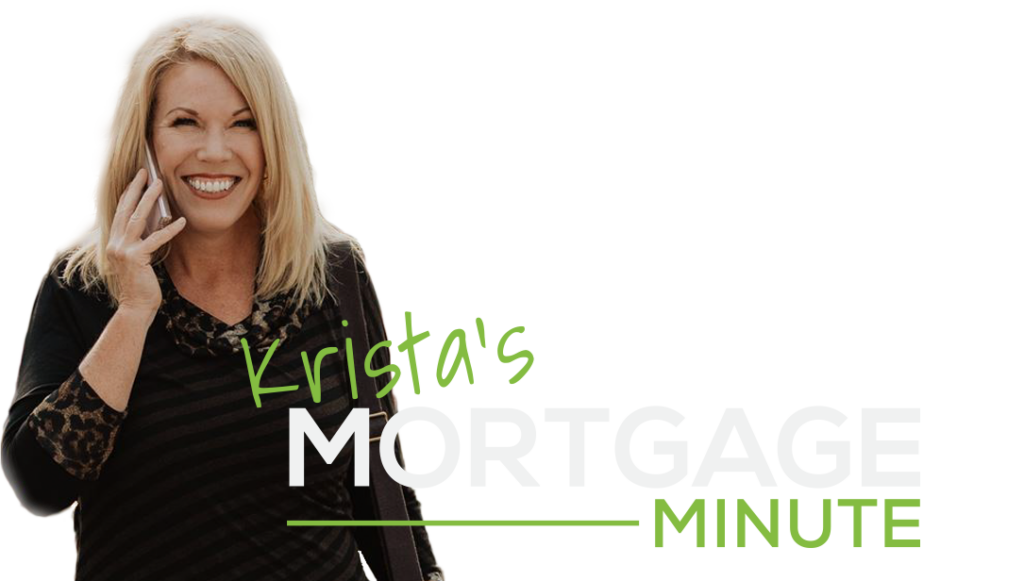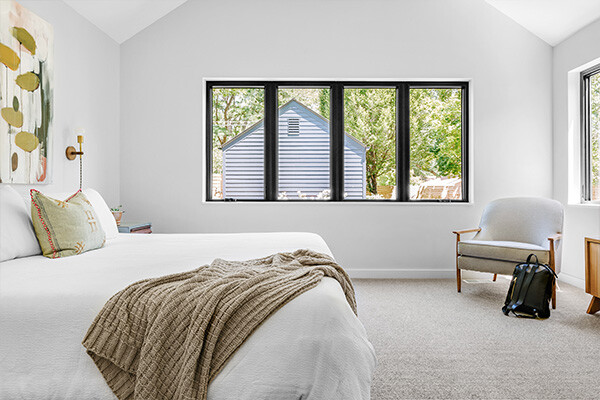In most cases, the decision to proceed with a legal separation or divorce is one filled with much uncertainty and anxiety. On top of managing the often emotional and complicated legal process of dissolving a marriage, many couples have concerns about the changes this will bring to their lives. One of the most difficult tasks during a divorce in untangling the finances and dividing up the assets. Shared assets like a family home often become a difficult talking point as the mortgage is usually a joint one held by both parties. For this reason, it is common to liquidate any real estate assets and simply divide up the value of the home between the spouses. Despite the practice being common, it’s hardly a universal solution. Many couples have a variety of reasons for wanting to keep their homes. The good news is that for Canadian couples going through the divorce process there are options if one party wishes to keep the matrimonial home.
What You Should Do First
There are few things that you should keep in mind first before considering your options:
- Make sure you fully understand and protect your credit score. Review your credit report and avoid making any large ticket purchases on a credit line or make any changes to your finances that might have a negative effect on your credit score. This includes remaining diligent in making payments on any financial obligations that have your name on them. Any negative marks on your credit report can make this process much more difficult.
- Open a conversation with your ex on who is responsible for what assets and debts or if it needs to be paid off. Having a good understanding of where you stand financially is important in moving forward.
- Be sure to separate your joint accounts quickly. Use your credit score to make sure no accounts have been missed. Just be aware that if you have a revolving account like a credit card, the debt will need to be paid off before the account can be closed.
Once you’ve done each of the above you will be well-prepared to move onto examining the options you have at your disposal if keeping your home is still what you want to do. The simple fact is this, either you or your former spouse has the potential to buyout the other’s equity in the home. The industry term for this is Spousal Buyout.
There are two ways to go about compensating your spouse for their portion of the shared equity in your home:
- Assuming the Mortgage. Simply put, you assume the full financial responsibility for making the mortgage payments. This will free your spouse from any financial liability for the property. If you decide to go this route an assumption agreement will be necessary and you will not be able to access any equity for a lump sum payment to your ex. For most Canadian lenders, this will require additional documentation from you, proving that you can afford to pay the mortgage payments monthly. This option isn’t available to everyone because not all mortgages are assumable. Discuss this with your lender to confirm the type of mortgage you have. Keep in mind that if you allow your spouse to assume your mortgage this does not relieve you of the financial obligation even if the mortgage ever went into default regardless of whether you are removed from the mortgage or not.
- Refinancing the Mortgage. If the current terms of your joint mortgage is not something you want to assume responsibility for, you could refinance the terms of your mortgage instead. This option could involve you buying out your former spouse’s equity and paying out any matrimonial debt, but the ability to change the mortgage terms would give you greater flexibility. It could also possibly help lower your payments and obtain a better mortgage rate. Once again refinancing requires paperwork, and it’s best to work with a knowledgeable mortgage expert to make sure all the necessary forms are completed.
Nothing about Divorce is ever simple, or easy, but with the right guidance from industry experts, stability, security, and peace of mind can eventually be achieved. To simplify and streamline the choice to pursue spousal buyout, your divorce mortgage specialist has assembled a Spousal Buyout program to successfully guide Canadian homeowners with a dissolved relationship (including common-law spouses).
If you’d like to discuss your eligibility for this program, reach out to one of our Mortgage Professionals at (780) 946-6222 today or www.SpousalBuyout.ca.
















